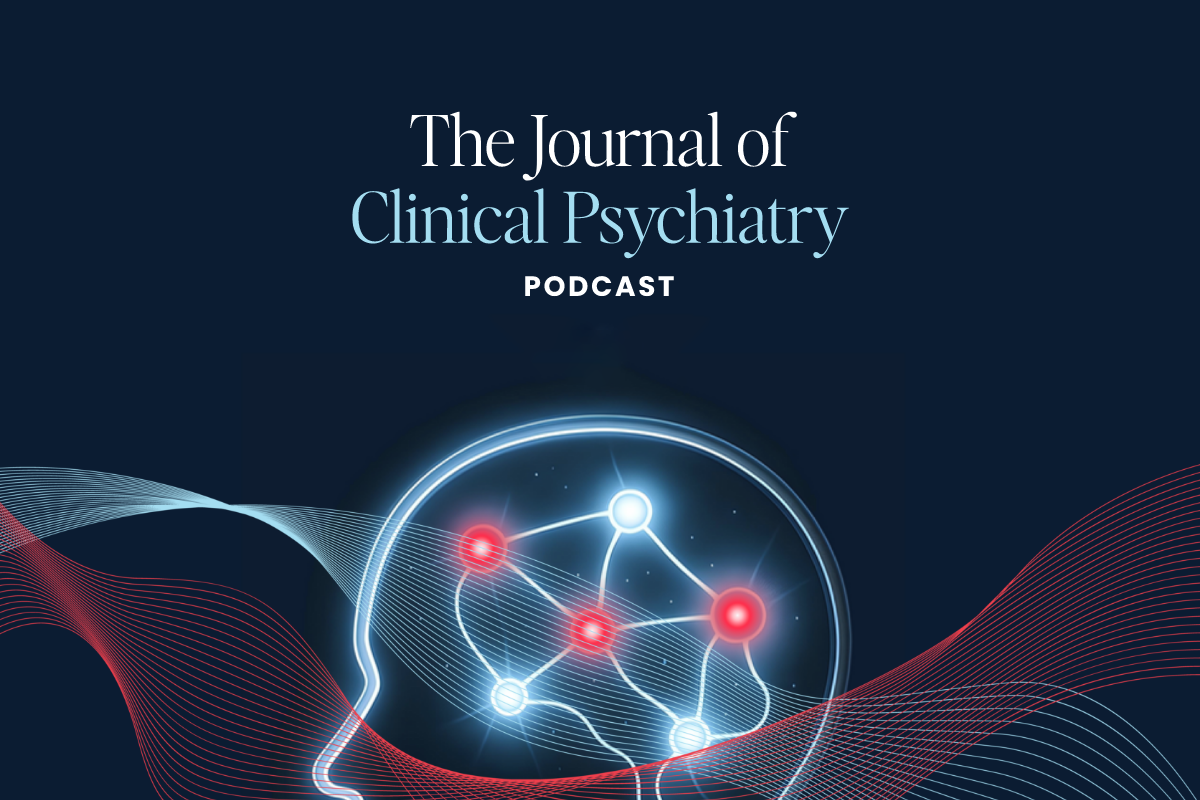While almost all humans experience empathy to some degree, so-called “empaths” are especially attuned to the emotions and wellbeing of those around them. Although the DSM-5 doesn’t officially recognize it as a condition, individuals identifying as empaths claim they truly feel and even experience others’ pain.
Judith Orloff, MD, author of The Genius of Empathy, is a self-proclaimed empath. She told Psychiatrist.com that people like her can almost supernaturally sense others’ emotions and physical feelings.
ChatGPT Can Successfully Coach Humans on Empathy
What One Patient with Adult ADHD Wants Clinicians to Know
3 Ways ADHD Makes Romantic Relationships More Challenging
Different Empathies
Countless memes, Instagram stories, and TikToks insinuate that the concept of an empath is either fabricated or misrepresented. But Orloff said that there’s some research to back up claims that the empath’s brain actually functions differently from a typical brain.
To begin with, scientists have identified two types of empathy: cognitive and emotional. Cognitive empathy refers to the ability to understand and intellectually grasp the perspective, thoughts, and emotions of others. Emotional empathy refers to the capacity to share and vicariously experience the emotions and feelings of others, often leading to a strong emotional connection and a sense of shared emotional experience. Scan studies map how these differ in the brain.
“People with cognitive empathy have increased gray matter in a place called the midcingulate cortex, an area associated with decision making,” she said. “People who have emotional empathy have more gray matter in the insula, the center for strong emotions.”
The body experiences physical changes in compassionate moments, too. This can translate to highly emotionally charged moments for an empath. “You feel so much compassion for everybody, even people you don’t know; people you see on the street,” Orloff explained.
Mirrored Feelings
According to Orloff, when people with elevated empathy perceive the emotions and sensations of their loved ones, strangers they meet on the plane, or even stray animals, their mirror neurons—a network of brain cells responsible for echoing the behaviors of others—are sent into overdrive. Orloff said that studies suggest empaths may have more mirror neurons than the average individual.
Studies also indicate that humans naturally tend toward empathy, at least when it comes to loved ones. A 2004 University College London study put this theory to the test by scanning the brains of heterosexual couples while subjecting each to small electrical jolts. When one partner received a jolt, the other partner’s brain scan lit up in the anterior insula and anterior cingulate cortex, areas associated with emotional pain.
Orloff reasons that if this is how the typical brain functions, then highly compassionate individuals must feel such “mirrored” pain even more deeply.
Emotional Burnout
Orloff said that it’s not uncommon for highly empathic people to get emotionally overwhelmed. “It’s an extremely painful condition where too much is coming at you too fast, voices are louder, light is brighter,” she said. “Wherever you normally feel pain, you would feel it at that point when you’re overloaded.”
If not managed properly, empathy burnout can lead to agitation, depression, or anger. Sensitive individuals should practice self-care in these moments. “Turn down stimulation immediately, as fast as you can,” Orloff advised. She recommended sitting or lying down in a quiet, dark, comfortable, and private space to allow emotions to decompress.
The next step in keeping the empathic response in balance is triggering the vagus nerve. This is the primary regulatory nerve of the parasympathetic nervous system.
“Just as muscles can be toned, the vagus nerve can be toned, too,” she explained. Daily practices of calming activities like meditation, chanting, yoga, and breathing exercises can activate the vagus nerve and bolster the body’s ability to maintain a sense of calm in stressful situations.
Self Care
Being sensitive and kind may come naturally to empaths. But some find it difficult to offer compassion to themselves. “They’re used to beating themselves up all the time,” Orloff said. Repeating positive affirmations is one way for empaths to practice self-empathy, she suggested.
Empaths also need to harness their natural sensitivities and set boundaries with everyone, from loved ones to strangers. “A big misconception is that empathic people are empathic 100 percent of the time and that they should help everyone who comes in their path. That is a huge misconception that will burn people out,” she said.
It may feel unnatural for someone who thinks of themselves as an empath to create strict boundaries with loved ones or tune out intuitions about passersby. But Orloff said it’s a skill that all highly-empathic people should cultivate. “It’s important to learn how to set limits with your empathy and also use it well throughout the day,” she said.
When empaths fine-tune and control their emotions, they can transform their emotional responsiveness into an asset. Orloff emphasized that empaths who achieve balance are superb friends, valued family members, and successful business people.
“I want to teach people how to impart their empathy in a healthy way so they can use it in a practical way in their life,” she said.



